Most women have expressed their issues with breast pain but it typically is not a sign of anything serious. In fact, breast pain can be caused by numerous other factors besides cancer. Whether you or your loved one is experiencing swelling, heaviness, burning or shooting pain, there may be more than one cause of it. In medical terms, this is called mastalgia which is categorized as cyclic, chest wall pain, and noncyclic. Other factors that can cause mastalgia include hormone levels, fibrocystic breast changes, fatty acid imbalance, injury, infection, support issues, extramammary breast pain, and medications.
At the Breast Care Center Miami, we are experts in understanding and treating the differences between cyclical mastalgia and noncyclic breast pain. If you or a loved one is experiencing this, you are not alone. We will explain these differences in detail, as well as other causes of mastalgia, along with the corresponding treatments.
Types of Mastalgia
As previously noted, there are several types of mastalgia that we will explain here. Before diagnosing yourself, book an appointment with the Breast Care Center Miami today. In the meantime, read up on the different causes of breast mastalgia.
- Cyclic pain – Most often occurring in women in their 30s, cyclic pain refers to breast pain linked to the reproductive cycle. Some common symptoms of cyclical mastalgia are swelling or lumpiness, feeling of heaviness, or aches. You’re more likely to experience these pains when you’re in your childbearing years or approaching menopause. One or both breasts can be affected and the pain is most commonly located near the armpit or in the upper area of the breast. Cyclic mastalgia can be increased by eating certain foods or drinks like coffee, tea, colas, and chocolate. Stress-relieving exercises, along with anti-inflammatories, can help to alleviate the pain. Other options for treating cyclical mastalgia are Vitamin E, a low-fat diet, birth control, thyroid hormones, or even male hormones.
- Non-cyclic pain – As the second most common form of mastalgia, non-cyclic pain is almost always in one breast. The symptoms can include burning, tightness, soreness, and constant discomfort. It usually takes place after menopause, comes and goes randomly, and is associated with breast cysts, fibrocystic breast tissue, infections or fibroadenomas. It’s important to note that the pain is not hormonal. It is often associated with the natural aging process. If the source of the pain is a cyst, then it should be removed with a needle by your doctor during a mammogram. Other treatments can include pain medications, anti-inflammatories, and compresses.
- Chest wall pain – This one differs from the rest since it can feel like a pain in the right breast but the actual source of the pain is somewhere else. Chest wall pain can caused by pulling a muscle, inflammation of the ribs caused by costochondritis or Tietze syndrome, gallstones, pinched nerves, arthritis, or angina.
- Hormone levels – Mastalgia can occur due to the changes in hormone levels. Events that usually trigger mastalgia include puberty, the premenstrual syndrome also known as PMS, the first trimester of pregnancy, breastfeeding, or menopause.
- Fatty acid imbalance – These acids are found in vegetables and animal oils. Breasts are more sensitive to hormones if an imbalance is present in the cells. Cutting down on fat in your diet will help relieve these mastalgia symptoms. Primrose oil has also been noted as an effective way to address the fatty acid imbalance.
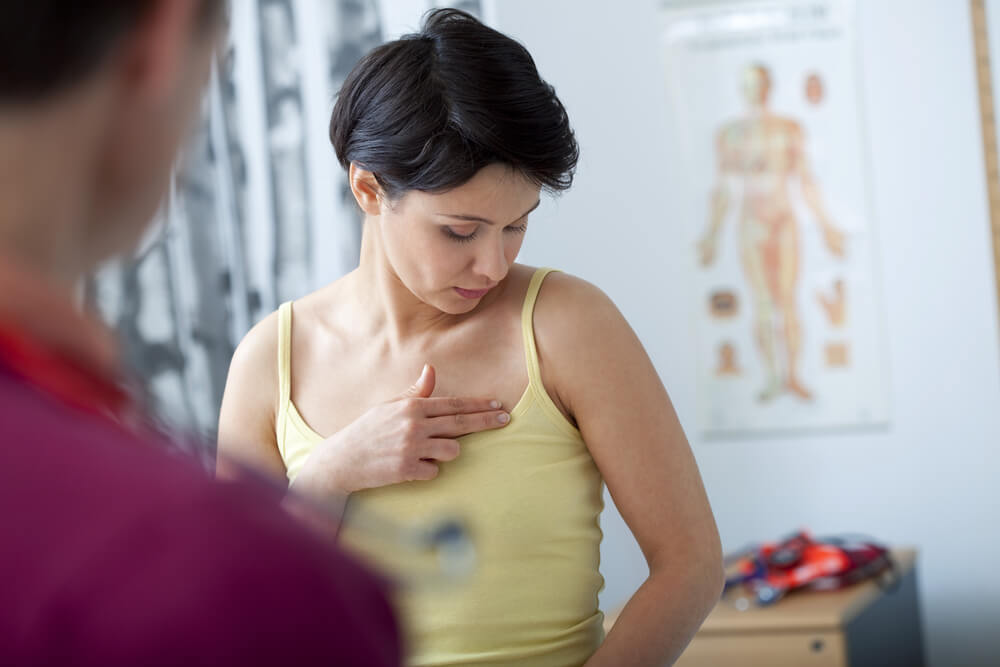
What we do
We are breast specialists. This means you can be sure that you will receive top-quality care by trusted, experienced professionals that know breast health like the back of their hand. Our surgical oncologists are strongly committed and well-known for personalized care using advanced surgical techniques. With the staff that includes fellowship-trained physicians, board-certified specialists, and multi credentialed health professionals, you know you will be in good hands. We treat the following conditions:
- Breast pain
- Fibrocystic changes
- Breast lumps
- Nipple discharge and retraction
- Breast infection
- Gynecomastia
- Abnormal mammograms
- Pre-malignant conditions
- Breast cancer
We provide the highest quality services in breast surgery oncology, comprehensive evaluations, genetic counseling, and high-risk screening. Have you been experiencing any other symptoms listed above? It is best to not self diagnose. Instead, visit our website and request an appointment today.


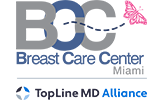
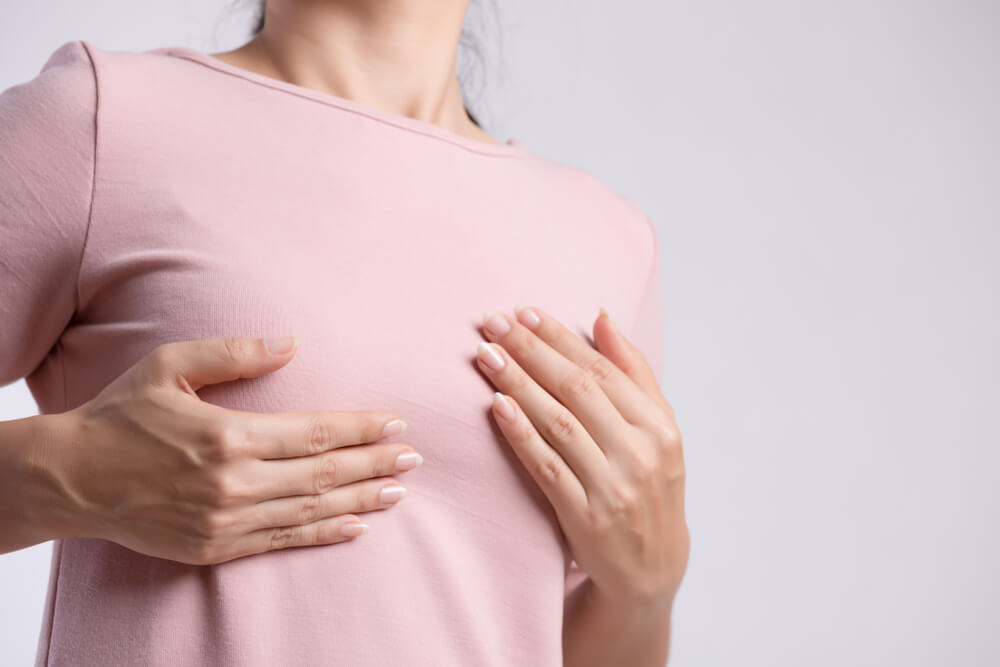
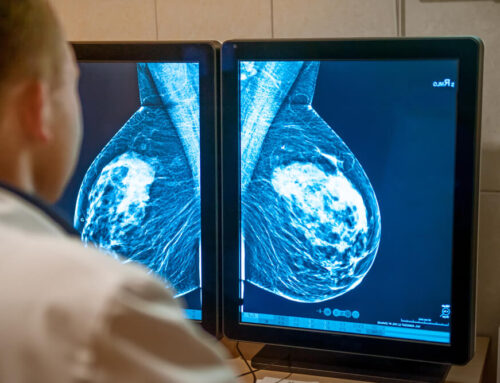
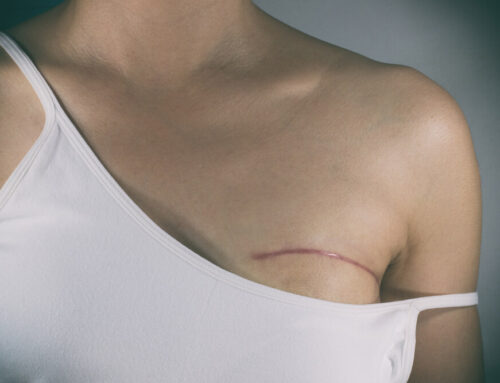
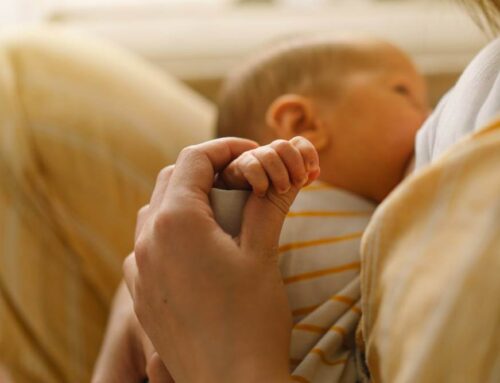
Leave A Comment
You must be logged in to post a comment.